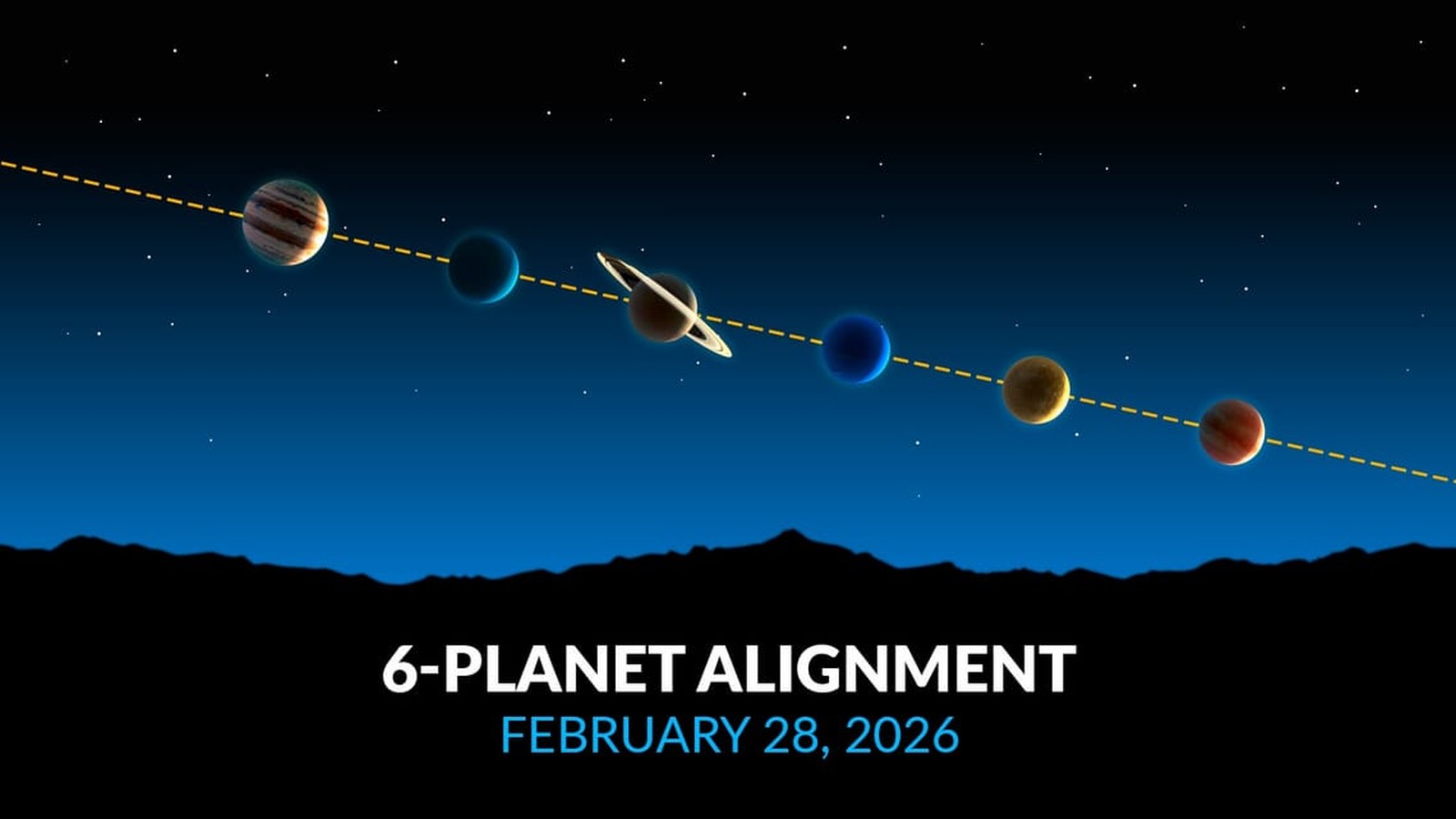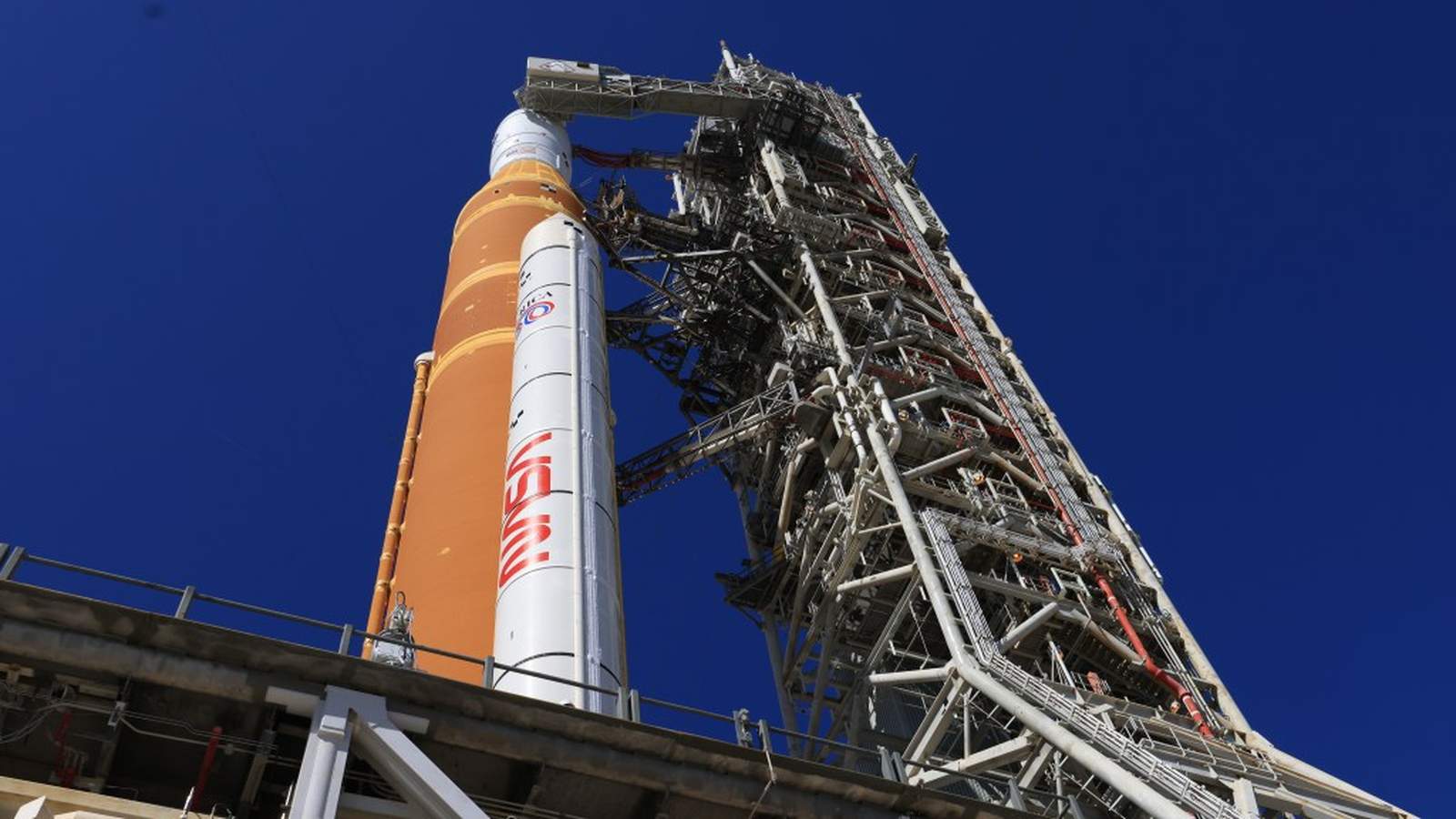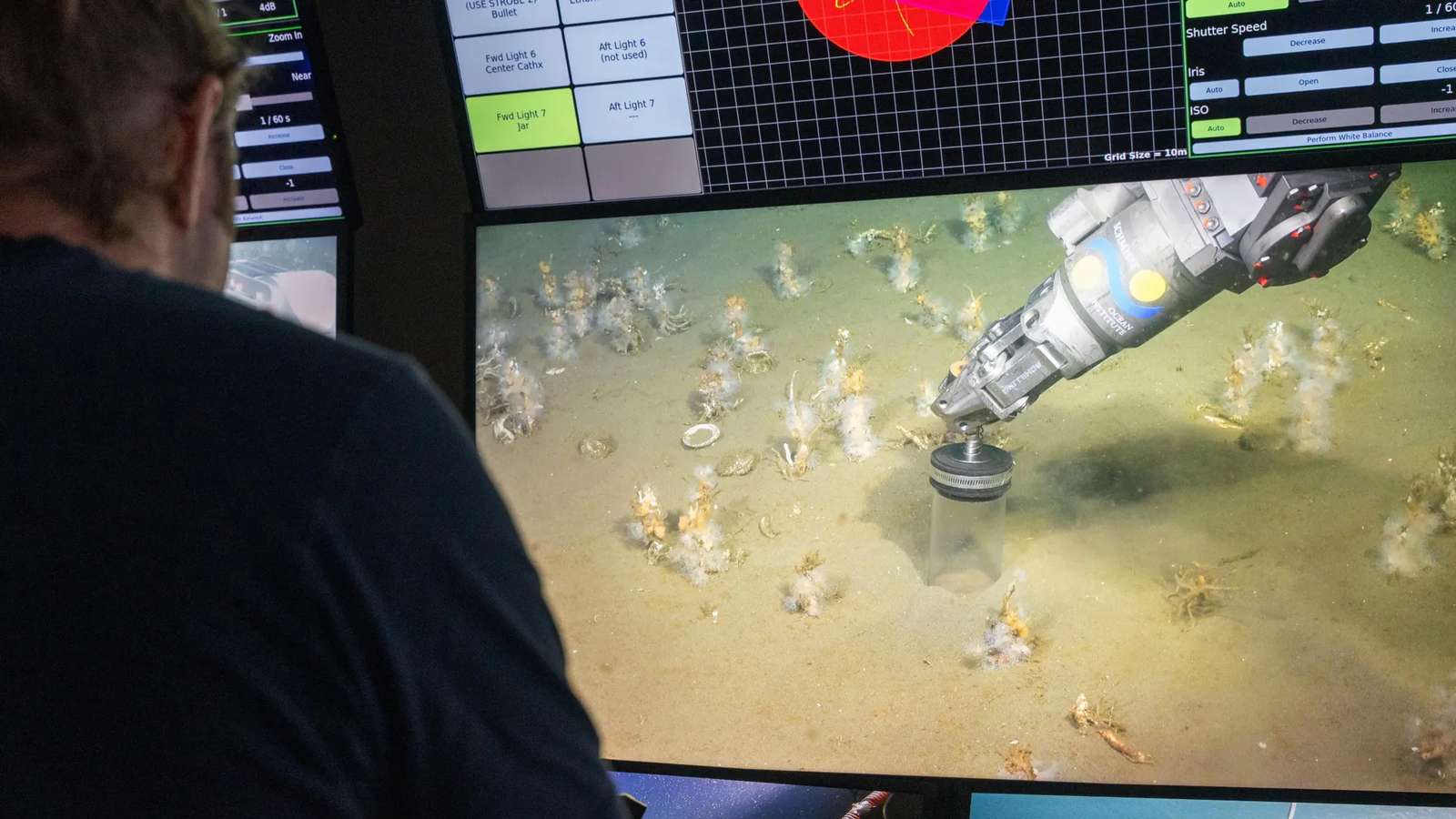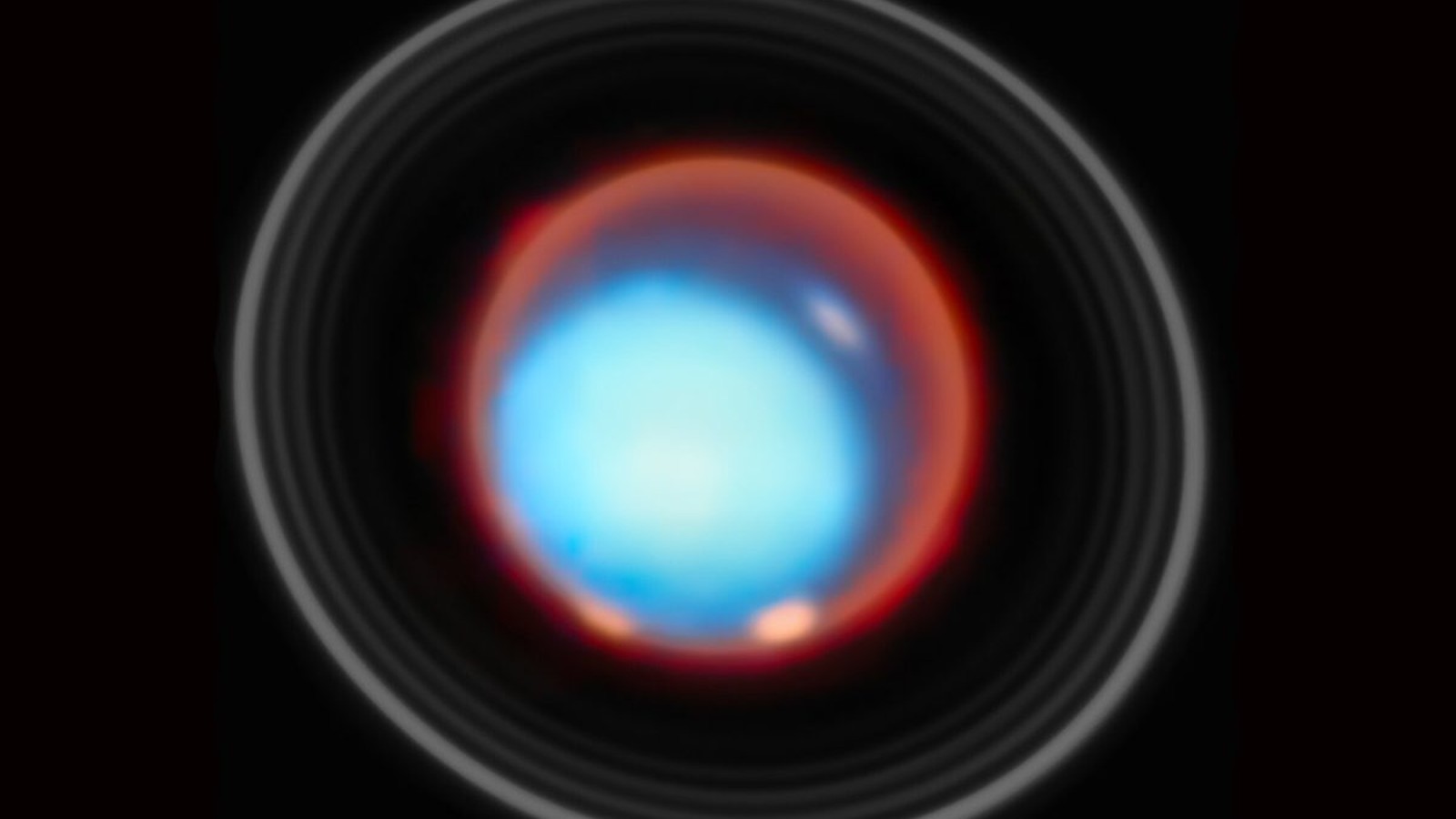Science
-
Stonehenge Altar Stone Traced to Scotland, Not Wales
New research definitively traces Stonehenge’s six-ton Altar Stone to Scotland’s Orcadian Basin, overturning prior beliefs. This finding reshapes understanding of Neolithic Britain’s advanced trade and transport.
-
March 3 Total Lunar Eclipse Delivers Stunning ‘Blood Moon’ Display
Skywatchers across North America, Australia, and East Asia witnessed a rare total lunar eclipse on March 3, 2026. The moon transformed into a dramatic ‘blood moon’ hue, marking the last such event until late 2028.
-
Total Lunar Eclipse to Dazzle North America on March 3, 2026
A total lunar eclipse, dubbed the ‘Blood Moon,’ is set to captivate skywatchers across North America on March 3, 2026. Earth will pass between the Sun and a full Moon, casting a reddish shadow.
-
Total Lunar Eclipse 2026: Blood Moon to Grace Skies Globally
Skywatchers eagerly anticipate a total lunar eclipse on March 3, 2026, known as a ‘Blood Moon.’ It promises a spectacular celestial display across western North America, Australia, New Zealand, and East Asia.
-
Rare Six-Planet Alignment Visible Globally in Late February 2026
A rare alignment of six planets—Mercury, Venus, Jupiter, Saturn, Uranus, and Neptune—will be visible around February 28, 2026. Skywatchers can observe this unique evening spectacle shortly after sunset.
-
Rare Six-Planet Alignment Confirmed for This Weekend
A rare alignment of six planets, confirmed by NASA, will be visible this weekend. Sky-gazers can spot multiple celestial bodies after sunset on February 28, 2026.
-
NASA Reveals Mike Fincke’s ISS Medical Event, Prompts Early Return
NASA confirmed astronaut Mike Fincke experienced a medical event on the International Space Station, leading to his early return.
-
Total Lunar Eclipse 2026: Last ‘Blood Moon’ Until 2028 Nears
The first and only total lunar eclipse of 2026, known as a “Blood Moon,” is set for March 3. This rare event marks the last total lunar eclipse visible until late 2028, offering a unique viewing opportunity.
-
NASA Artemis II Moon Mission Faces New Delay, Rollback
NASA’s Artemis II crewed mission to the Moon faces another delay after a helium flow issue prompted a rocket rollback. The launch is now pushed to at least April 2026, impacting critical steps for lunar exploration.
-
Deepest Antarctic Ice Core Reveals 23 Million Years of Climate History
Researchers successfully drilled the deepest ever Antarctic sediment core, uncovering 23 million years of Earth’s climate history.
-
India’s CSIR Advances R&D with Ocean Science and Coffee Innovations
India’s CSIR is advancing scientific innovation, hosting the World Ocean Science Congress 2026 for a sustainable blue economy and unveiling new coffee crema technology. These efforts strengthen India’s R&D.
-
NASA Sets March Launch for Artemis II After Fueling Test Success
NASA resolved hydrogen fuel leak issues and completed a key fueling test, enabling the Artemis II mission to plan a crewed lunar orbit launch in early.
-
“Dinosaur from Hell” Spinosaurus Mirabilis Discovered in Sahara
Scientists have unearthed Spinosaurus mirabilis, a fearsome new dinosaur species in the Sahara Desert, challenging previous assumptions about spinosaurid habitats. Its distinctive blade-shaped head crest is a remarkable feature.
-
James Webb Space Telescope Maps Uranus Auroras in 3D
The James Webb Space Telescope has delivered the first 3D maps of Uranus’s auroras, providing unprecedented insights into the ice giant’s unique atmosphere and magnetic field.















